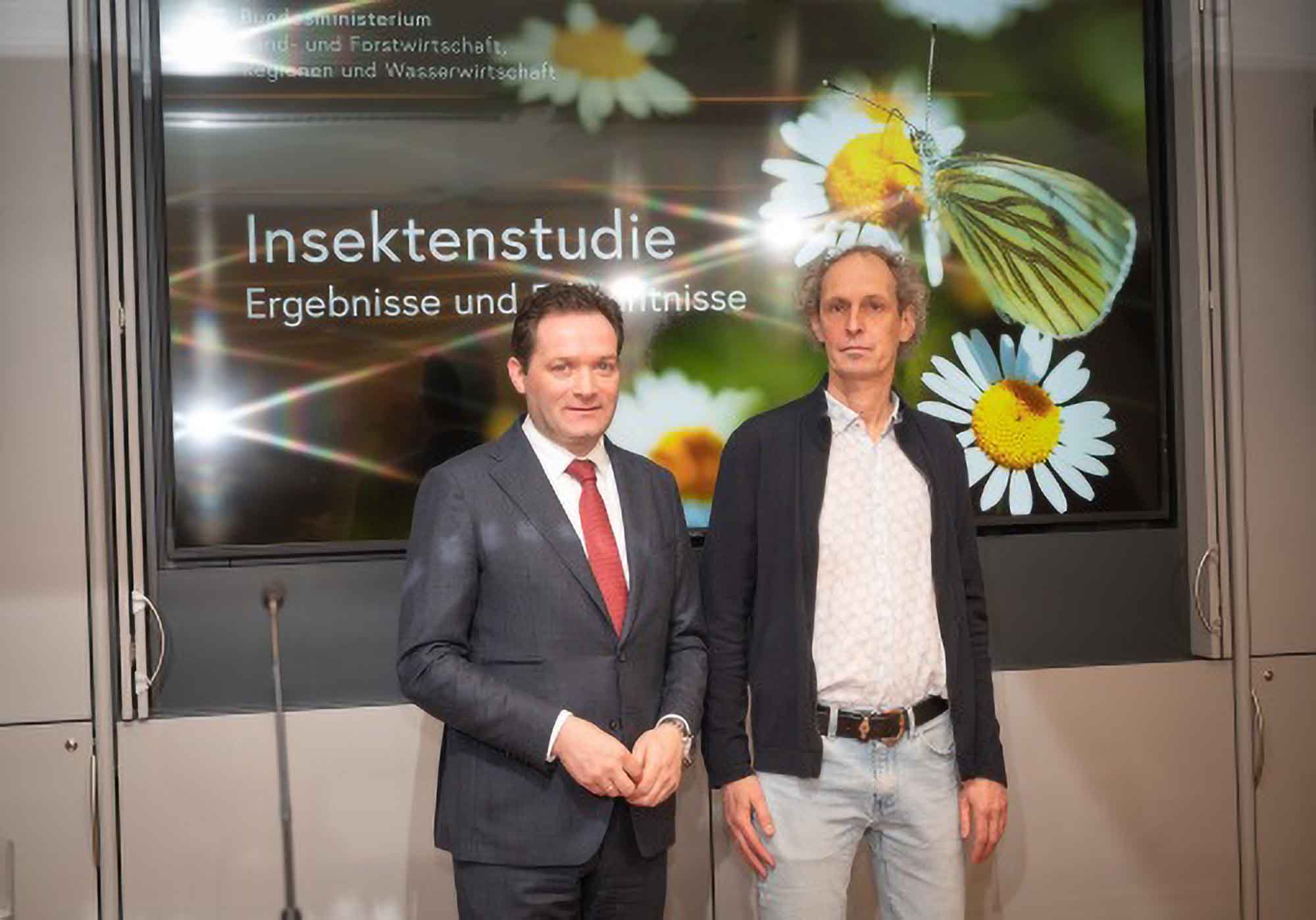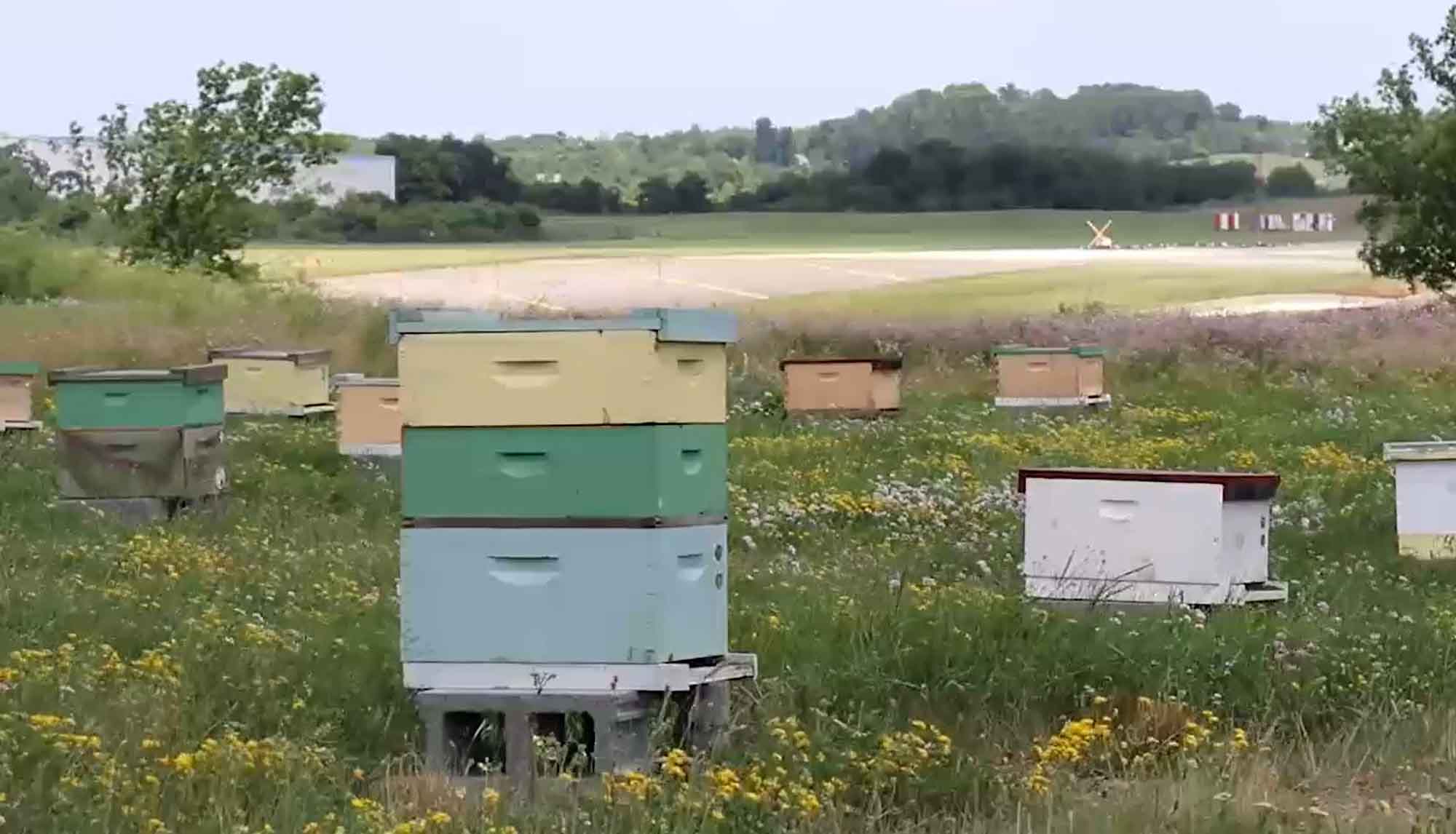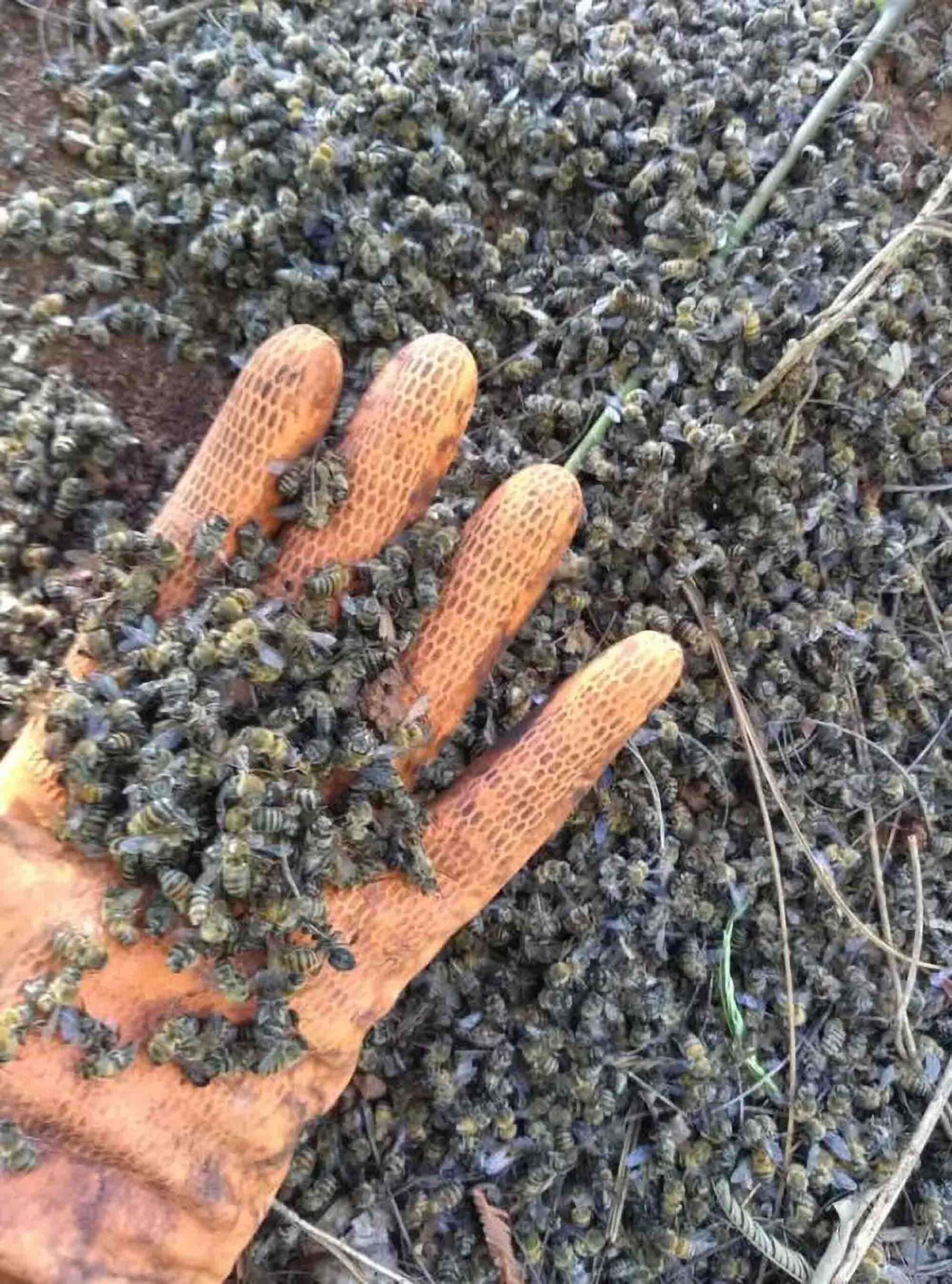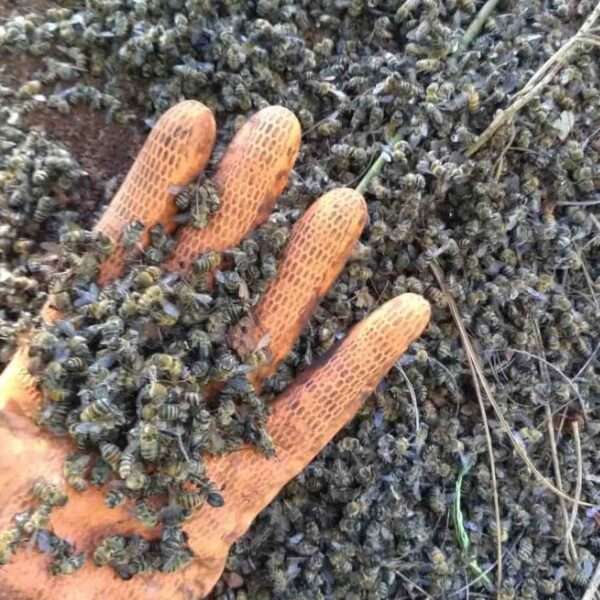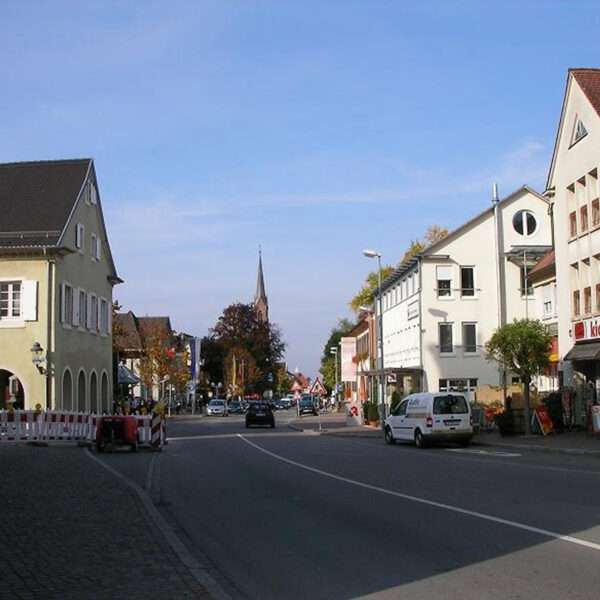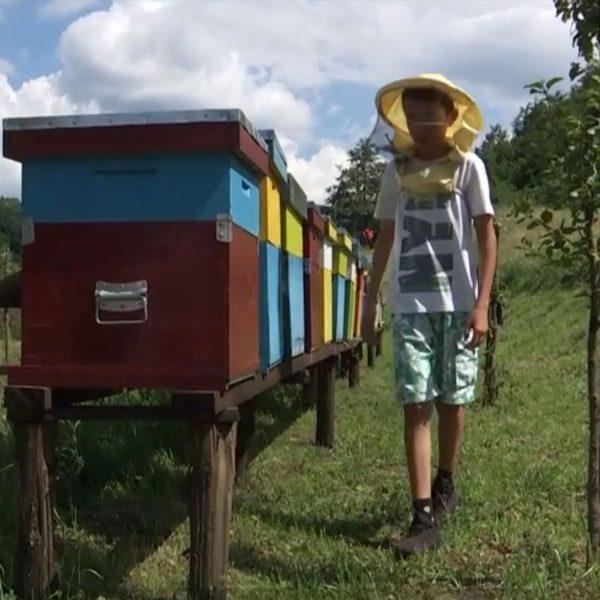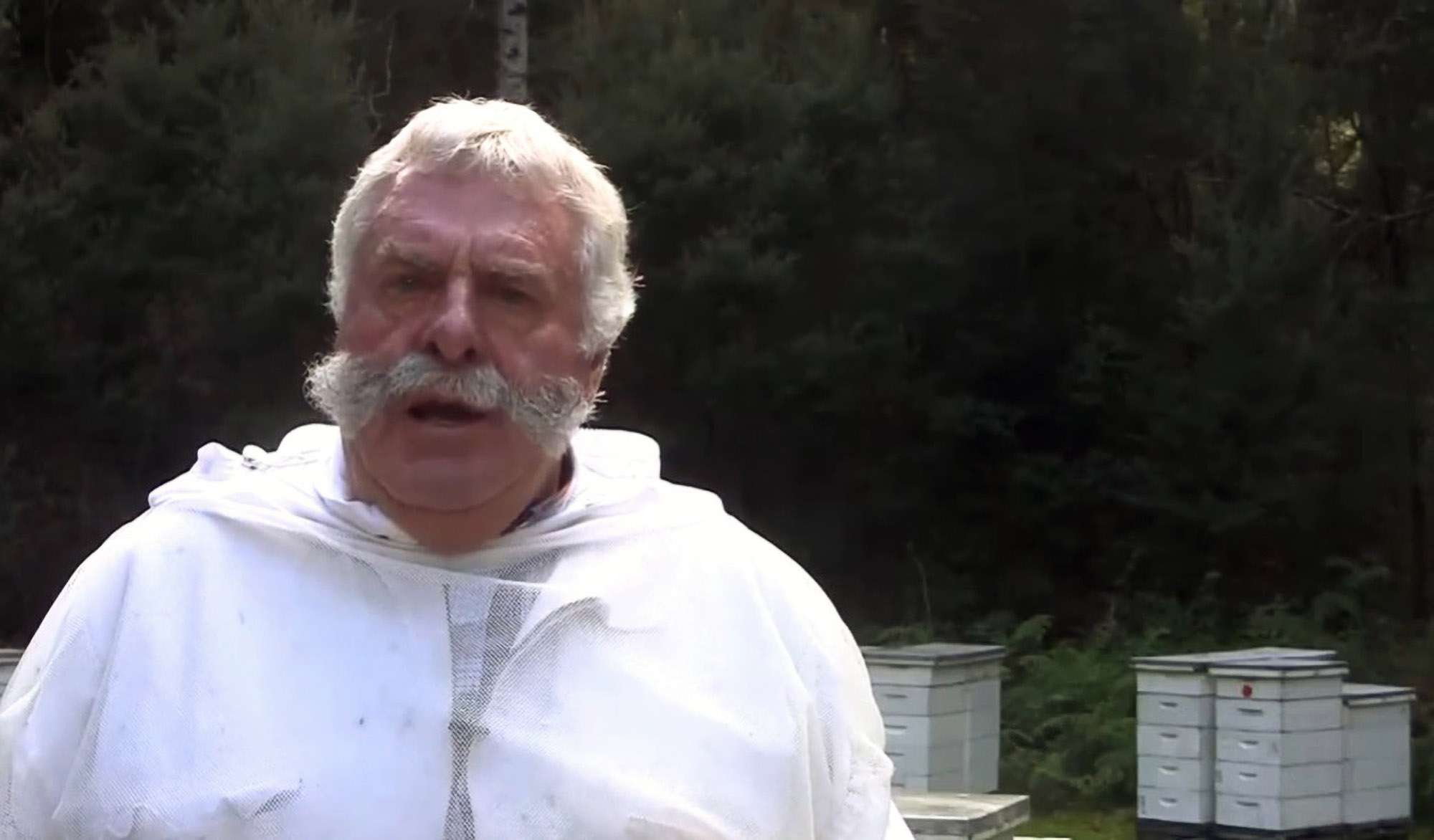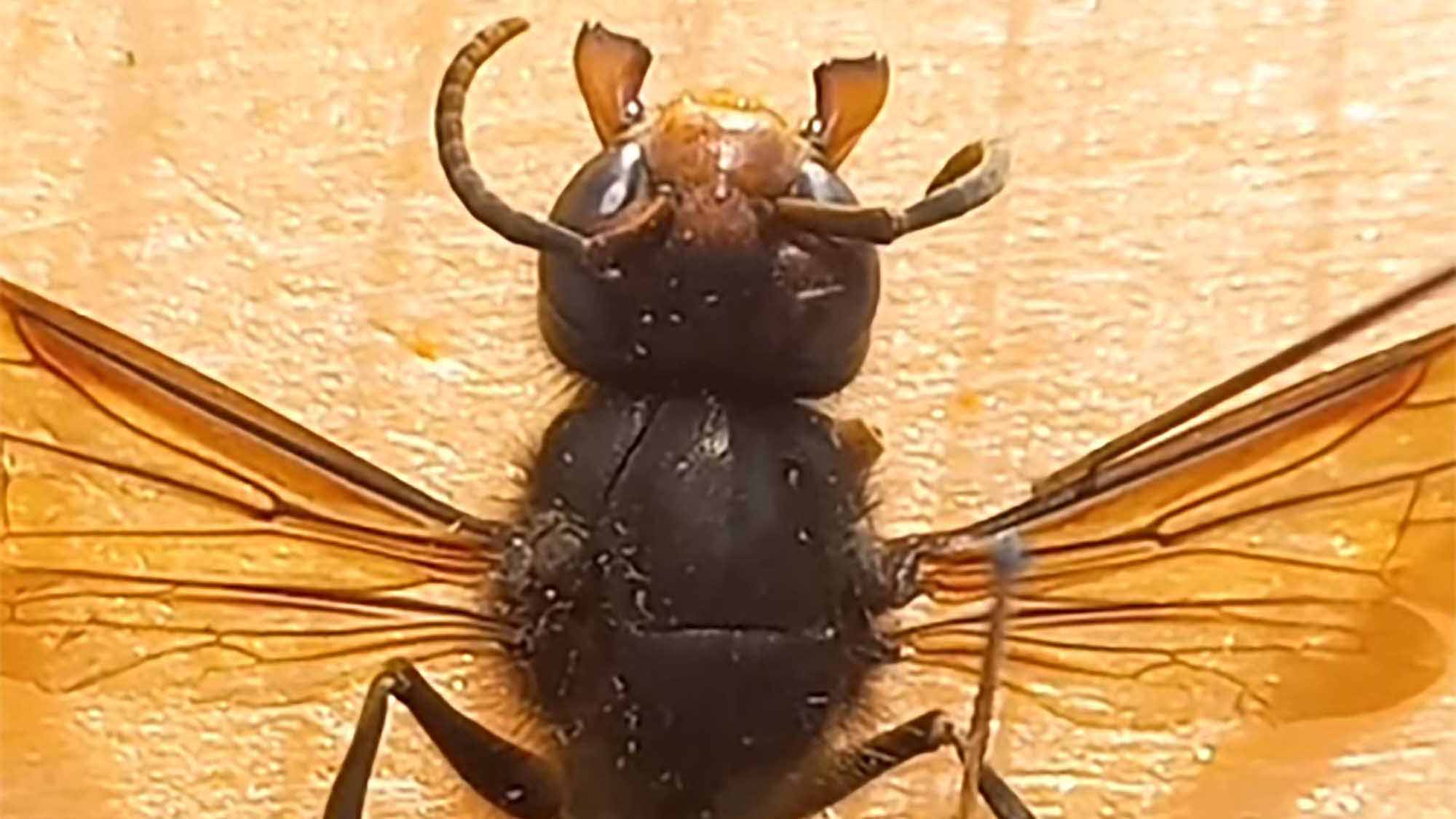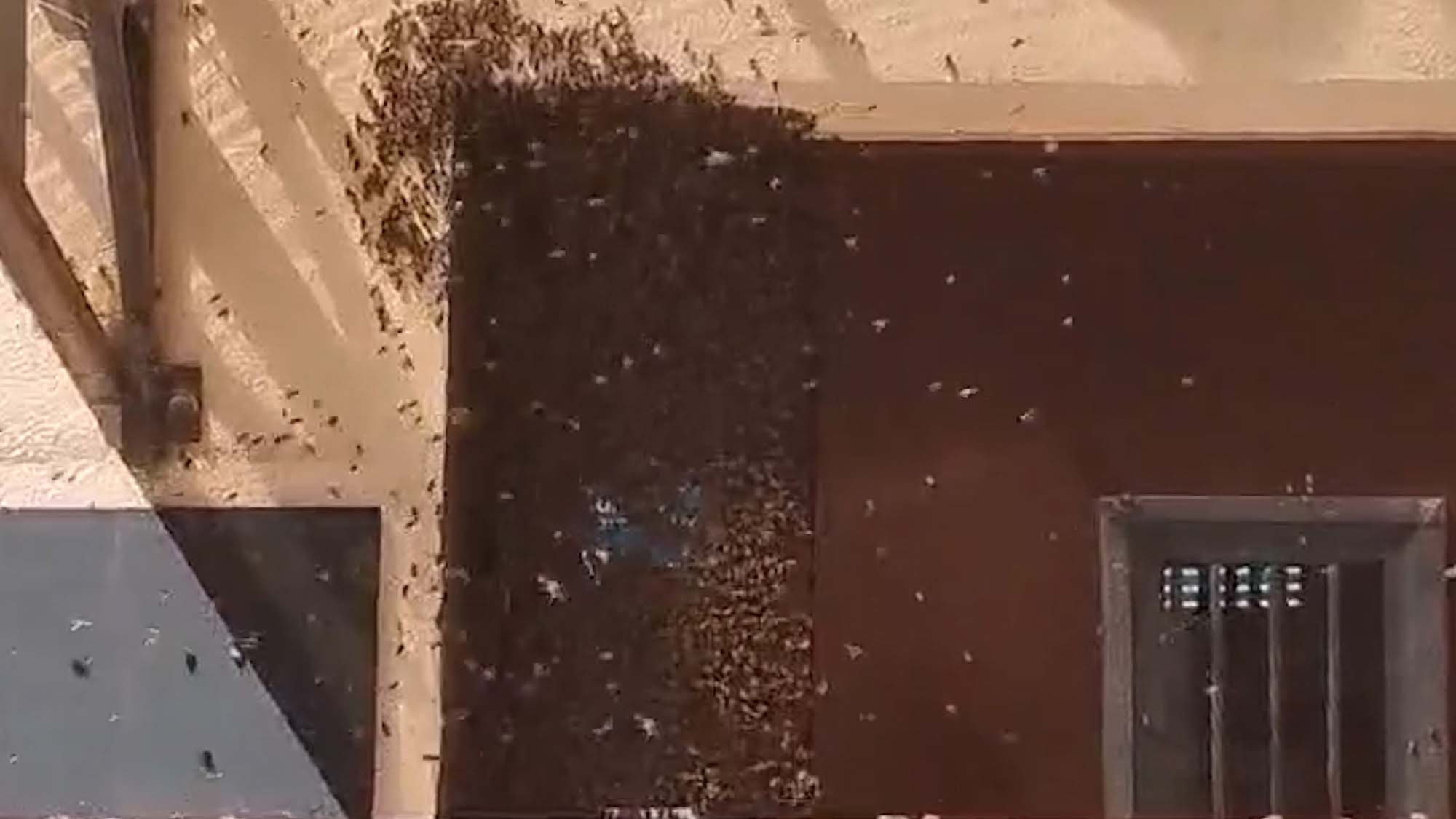An area almost four times as big as Vienna has been sealed in Austria during the past three decades, a study has revealed.
A group of 22 researchers has been assigned by the Federal Agriculture Ministry to establish the condition of around 4,300 native insect species.
The team of scientists headed by Dr Thomas Zuna-Kratky from Vienna University‘s Department of Evolutionary Biology found that 1,580 square kilometres (610 square miles) of soil – which is four times the size of the federal capital – had been sealed within the last 30 years.
Vienna – which has more than 1.9 million inhabitants – measures 415 square kilometres (160 square miles).
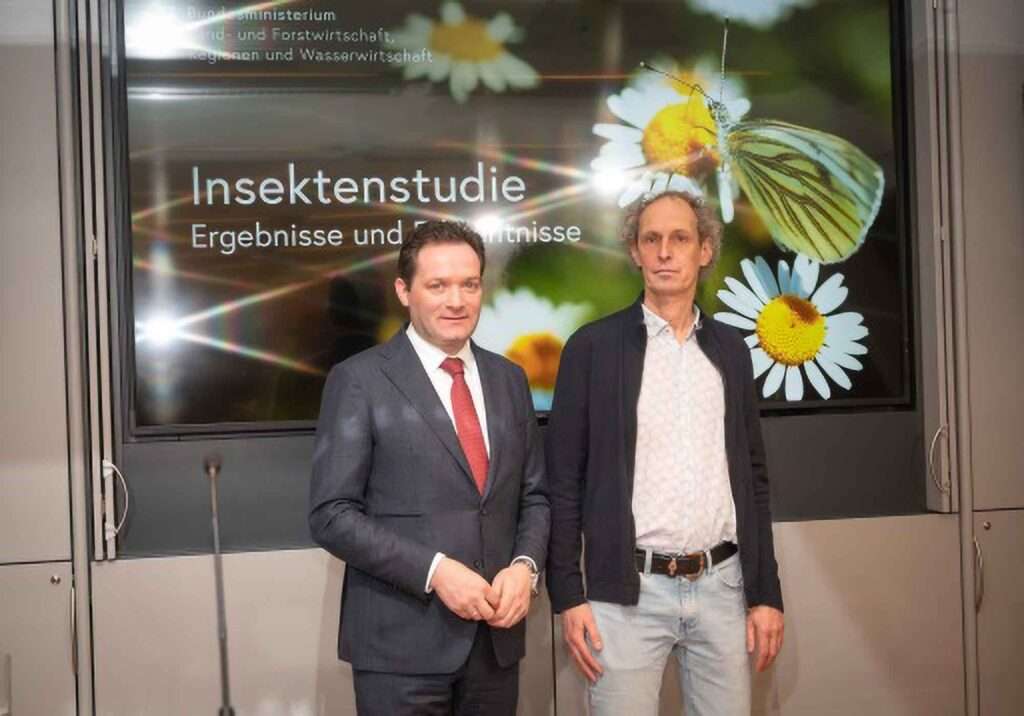
This has immense consequences for the ecosystem. According to the study, these construction activities have significantly reduced the scale of domestic insect habitats.
The 200-page study also shows that several species which need mild climates came to the Central European country. At the same time, those in favour of cooler conditions – such as the Bombus alpinus bumblebee – moved northwards.
While Agriculture Minister Norbert Totschnig from the conservative People’s Party (ÖVP) claimed that insect populations in the country were “stable,” Dr Zuna-Kratky emphasised the many measures individuals and businesses could take to support biodiversity.
The University of Vienna lecturer explained: “Having a pasture of flowers instead of a parking lot can compensate a lot.”
Dr Zuna-Kratky also urged decision-makers to continue focusing on protecting and renaturalising Austria’s bodies of water. He said: “Insects need water.”
According to the scientist, insect varieties have risen wherever such steps had been taken.
Dr Zuna-Kratky said: “More and more people are worried about the condition of local insect poulations. However, there have not been any comprehensive studies documenting recent developments.”
While Dr Zuna-Kratky identified species such as the short-haired bumblebee (Bombus subterraneus) as one of the investigation’s “winners” for having settled in Austria, activists criticised that investigating just 10 per cent of the domestic population was neither sufficient nor conclusive.
Dominik Linhard is a biologist at Global 2000, an independent Vienna-based environmental organisation.
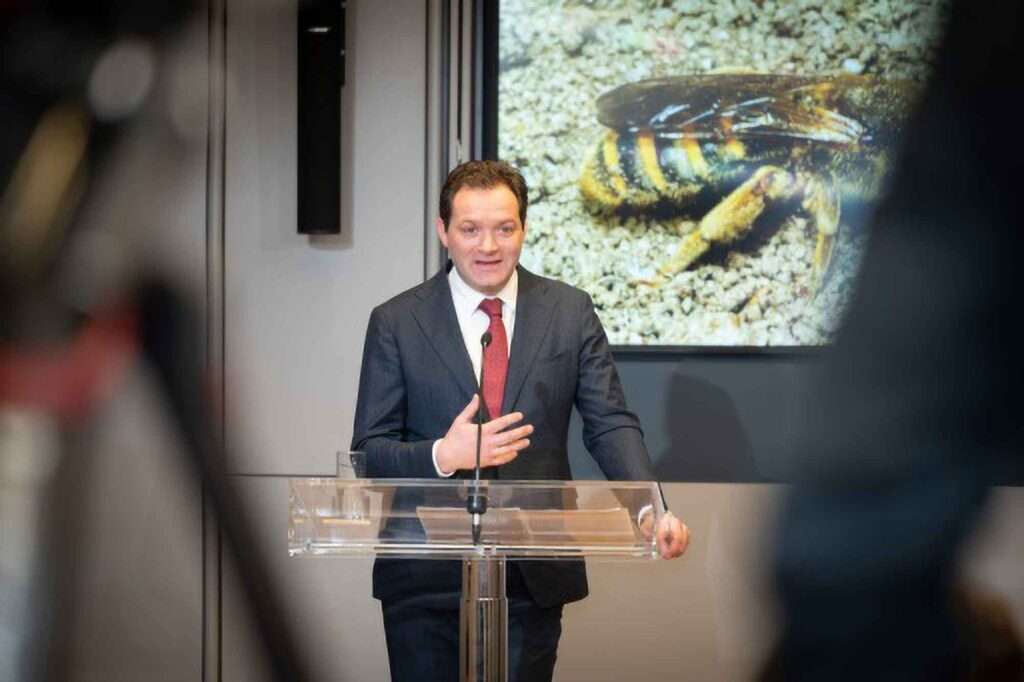
Dominik told NewsX: “We’re not against the study. Comprehensive research of insect populations is essential. It has been neglected in Austria for some time.
“What we disagree with are the minister’s generalisations during the presentation such as his claim that agricultural activities are generally good for insects. This needs to be discussed in a more differentiated way.”

